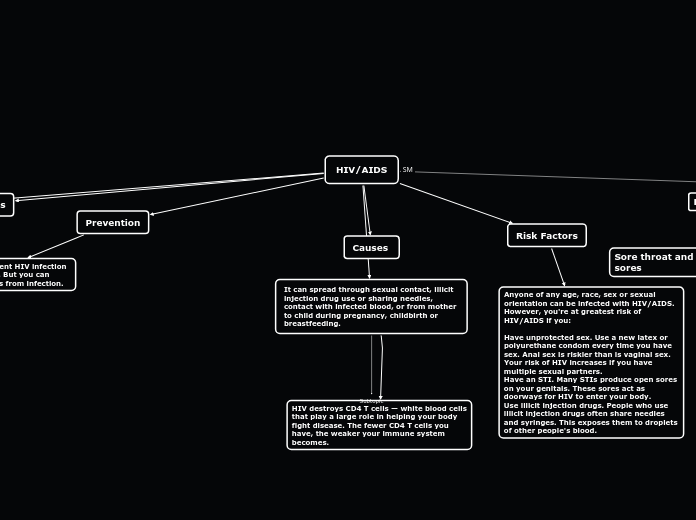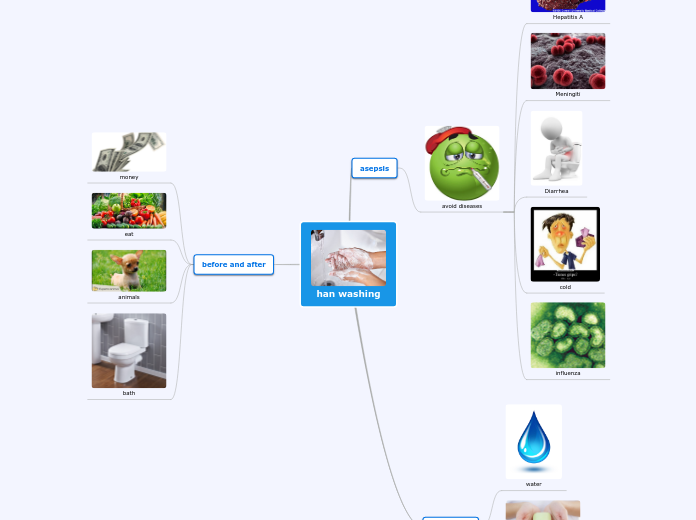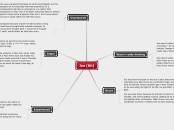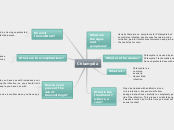da San Juana Munoz manca 1 anno
101
HIV/AIDS
HIV/AIDS can affect individuals regardless of their age, race, sex, or sexual orientation. Engaging in unprotected sex, having multiple sexual partners, or contracting other sexually transmitted infections (









